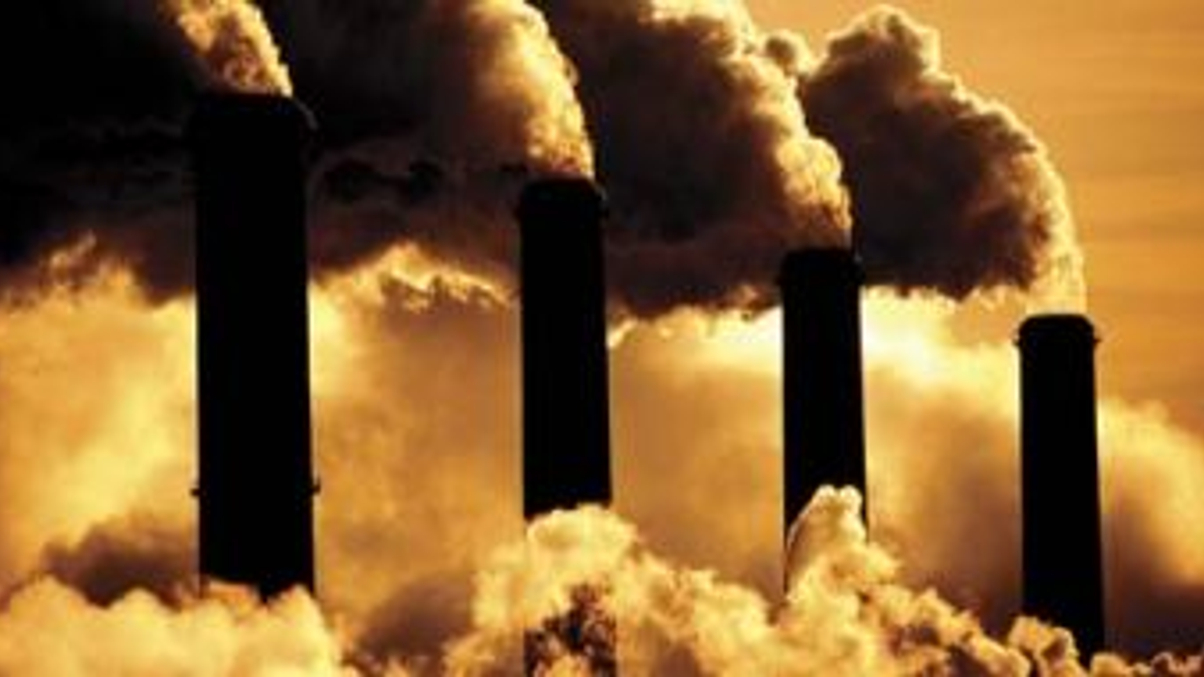Asian asset owners told to sharpen focus on climate change
Awareness of the potential impact of climate change on portfolios is rising, but some institutions – such as China's Safe, China Life and the HKMA – are seen to be taking no action on this front.

Asia’s institutional investors are seen to be increasingly focusing on climate change and its potential effect on their portfolios, but remain well behind their European counterparts on this front, according to industry observers and recent research. Japan is a notable weak spot in the sense that it lags every other major pensions market.
Sign in to read on!
Registered users get 2 free articles in 30 days.
Subscribers have full unlimited access to AsianInvestor
Not signed up? New users get 2 free articles per month, plus a 7-day unlimited free trial.
¬ Haymarket Media Limited. All rights reserved.


